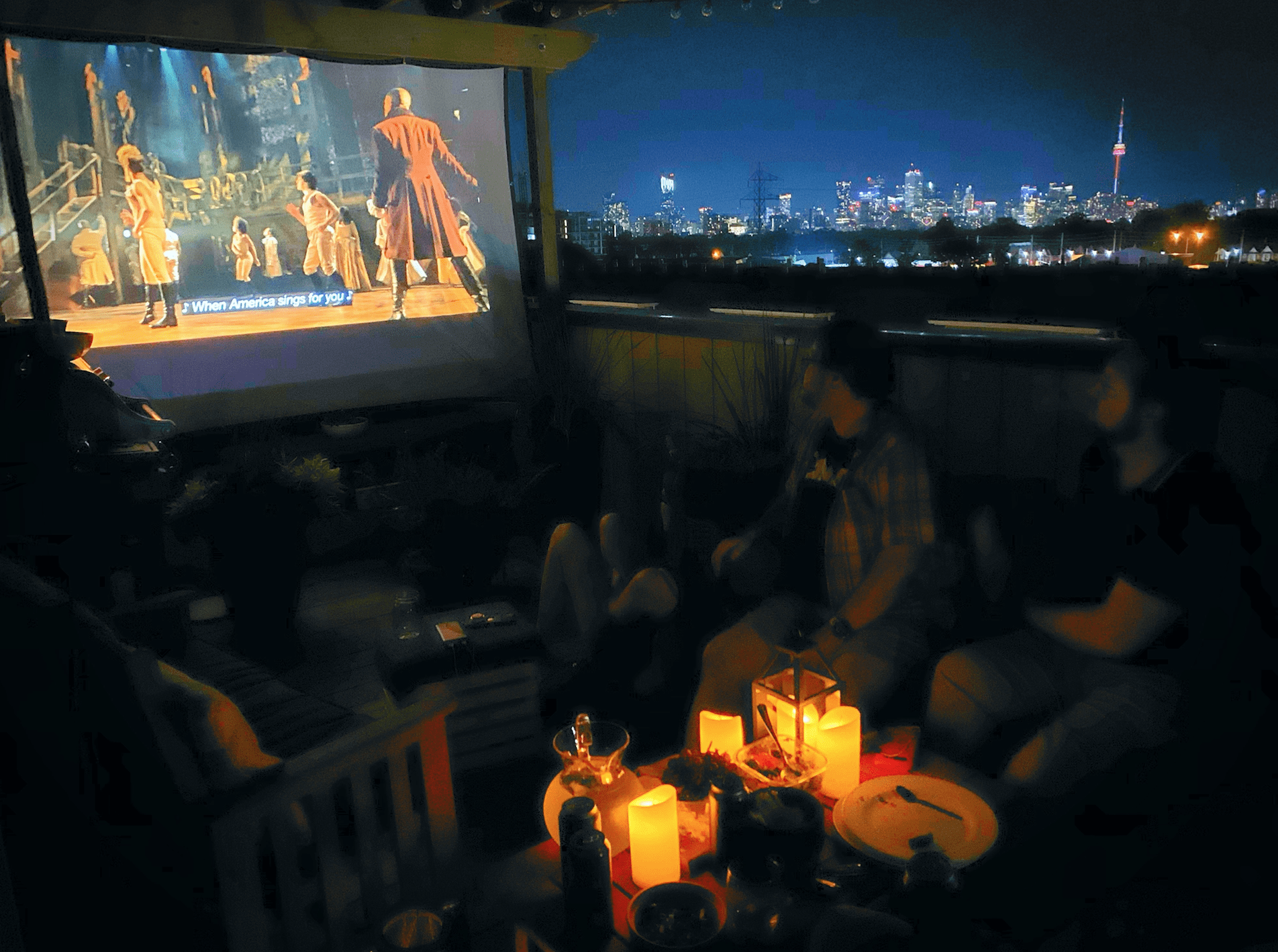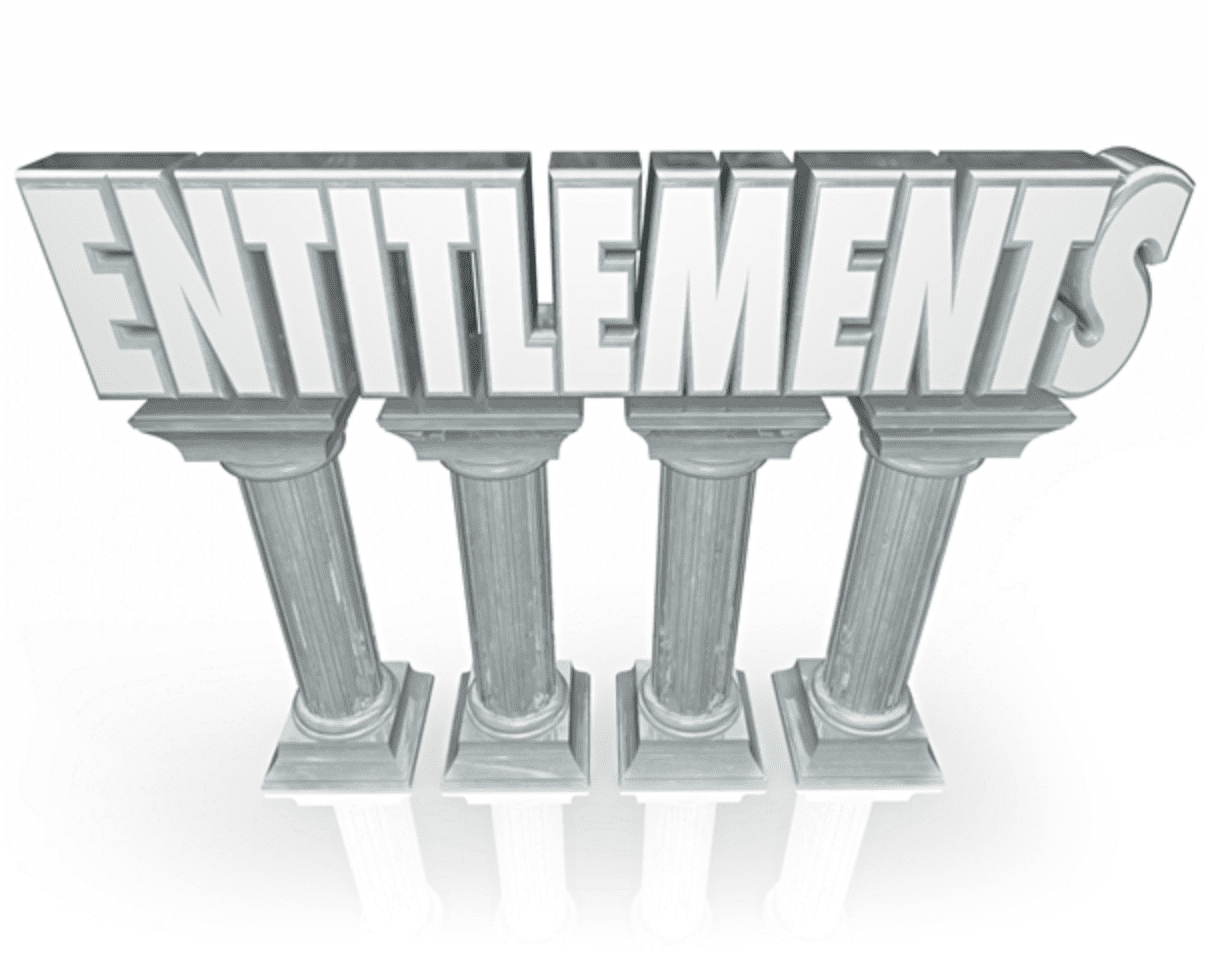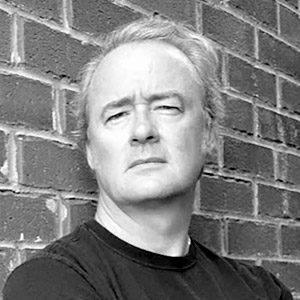I finally watched Hamilton on Disney+. It was great: a projector beaming the images onto a screen, a group of friends, some beers and cigars on the patio overlooking Toronto's skyline. It almost felt like being in a theatre this way just with snacks. As the antagonist sings in the play: "Ooh, there's nothing like summer in the city."
I cannot stop thinking about one line that sums up so much about politics:
"HAMILTON: God help and forgive me / I wanna build Something that's gonna / Outlive me / What do you want, Burr? / If you stand for nothing, / Burr, then what do you fall for?
BURR: I wanna be in / The room where it happens."
This classic distinction between those who enter politics to do something and those who want to be someone is both incredibly true and an incredibly important lens through which we can view and judge our politicians and their staff.
Yet even the musical shows the dichotomy is fluid.
Aaron Burr, the future vice-president, is shown to be a silver-spooned political climber who wants to "be in the room where it happened" (a line brilliantly lifted from The West Wing).
Alexander Hamilton, for his part, wants to get things done, yet he is also obsessed with his legacy. After all, he is just "Another immigrant comin' up from the bottom / (Just you wait)." But his focus is on progress and tangible achievements as a legacy; as his wife Eliza summarizes, "And when my time is up / Have I done enough? / Will they tell my story?"
In a scene that will resonate with anyone who had to sit-through political focus groups, Burr gives Hamilton some typical yet ill-advised political guidance, saying:
"While we're talking, let me offer you some free advice
Talk less…/
Smile more…/
Don't let them know what you're against or what you're for…/
You want to get ahead?…/
Fools who run their mouths off wind up dead."
And yet, the show is about far more than cabinet infighting and presentational politics. It's about legacy, yes, but revolution also. As John Laurens says: "Rise up / When you're livin' on your knees, you rise up / Tell your brother that he's got to rise up / Tell your sister that she's got to rise up."
In a way that recalls Jill Lepore's seminal history of the United States, These Truths, the fact the American Revolution was incomplete women, slaves, the Indigenous were not freed is touched upon.
But, in a way, the symbolism of the Puerto Rican and African-American cast carries the load of greater social commentary on America's original sins; it's as if the Founding Fathers are put through a modern lens, recast as the immigrants they were, but without perhaps the critical judgement that today's more woke zeitgeist would demand: Jefferson owned slaves, Hamilton and others did not do enough to advance abolition, sacrificing it at the altar of founding a new nation.
In this respect, the show is indeed an artefact albeit still a riveting one of the Obama era, when perhaps white liberals like me felt complacent knowing, in the words of Ta-Nehisi Coates, that a Black man was "eight years in power"; today we know that diverse faces in positions of power are not, in and of themselves, a substitute for eviscerating the deep roots of systemic racism, the systems if not upon which than certainly with which America, and Canada, were founded.
Even the heroes of the show are flawed. As Ava DuVernay said recently: Alexander Hamilton "Wrote violent filth about Native people. Believed in only elites holding political power and no term limits. And the banking innovation has troubled roots. That's why I don't look to art for my history. I study history."
In other words, Hamilton requires thinking. In another line cribbed from The West Wing, Angelica, the proto-feminist intellectual of the show, declares: "I'm looking for a mind at work."
Even Burr hints at this complexity in a line perhaps borrowed and amplified from Sufjan Stevens singing about what Aeschylus (as quoted by Robert Kennedy) called "wisdom through the awful grace of God": "It takes and it takes and it takes / And we keep living anyway / We rise and we fall / And we break / And we make our mistakes".
And yet, again this is a show that celebrates diversity and a liberal, democratic, meritorious ideal of progress where "immigrants, we get the job done" by the classic notion that you can get "a lot farther by working a lot harder/ by being a lot smarter / by being a self-starter". In the end, the show declares, "The have-nots are gonna win this."
But that requires getting things done, writing like "you're running out of time" and compromising to exert your legacy on history.
Which brings us back to the quote that I opened with.
There are those who want to be in the room where it happened, and those who want to get something done in our politics and sometimes the one leads to the other, and vice versa. Humans, in all our flaws, design and use our systems of government for good ends and bad.
Yet, one truth I have learnt to be real is: those who want to be "somebody" privilege niceties, favour being seen to be competent rather than prioritizing values. Those who want to do "something" are not afraid to break things, to shoot their mouths off, to have integrity.
Or, as Hamilton says to Burr, "I'd rather be divisive than indecisive / Drop the niceties."
Photo Credit: Jonathan Scott








